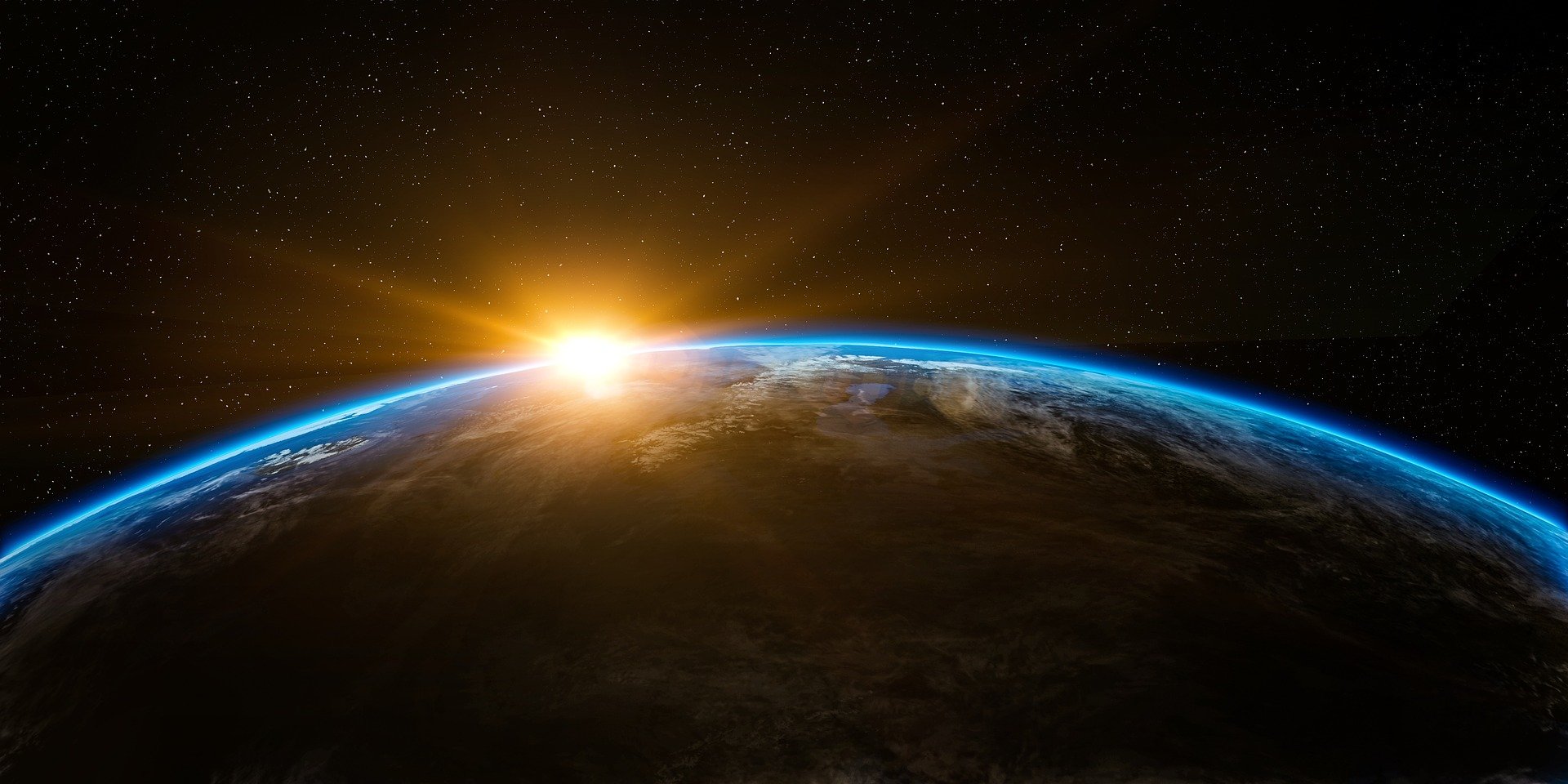How to Recycle Your Trash?
Inspired by Nature, the objective of the circular economy is to produce zero waste. As opposed to common beliefs, in the circular economy concept, recycling should be the last resort solution.
Refusing, reducing, reusing and repairing are preferred to recycling. In fact, not only recycling is used by brands as an excuse to keep promoting the disposable economy, but also it is energy and water intensive.
Having said that, sorting waste to recycle materials is still considered as virtuous for many reasons, such as the following:
- Waste materials become resources instead of being disposed,
- Less virgin (finite) materials are extracted.
Therefore, recycling waste (whether as a company or individual) is highly encouraged:
- Some objects can be returned to stores to be recycled: clothes, light bulbs, bottle caps, piles, batteries, electronics, hazardous products, drugs, furniture, etc.
- Some materials can be disposed of in specific bins.
How to Dispose Materials in Specific Bins to Recycle Your Trash?
-
Recycle Organic Waste:
Organic waste can be composted (it becomes humus), or turned into biogas. Find a composter in your neighborhood, or have your own at your place. If you have plants, you can directly dispose coffee grounds or crushed eggshell in the soil.
-
Recycle Glass:
Glass is infinitely recyclable (i.e. can be recycled again and again without altering its properties). However, it is produced from sand which is a finite resource. Consequently, it is important to ALWAYS dispose glass in specific bins to preserve sand resources.
-
Recycle Metal:
Metal is infinitely recyclable as well. Its recycling requires less energy to process than the manufacturing of new materials. All objects made of iron, steel, aluminum (cans, empty aerosols, …etc.) can be recycled. Aluminum foil, though, is too light to be recycled.
-
Recycle Paper and cardboard:
Paper is recyclable only 5 to 7 times since the fiber is shortened. Remember that paper and all cardboard packages are made from wood, therefore their production contributes to deforestation.
-
Recycle Plastic?
There are numerous myths around plastic recycling.
- First, “recyclable” does not mean recycled.
- It is important to note that ONLY PET and PEHD are recyclable.
- Also, remember that according to the World Economic forum, only 2% of all plastics are effectively recycled, i.e. NOT downcycled into something worse, such as plastic bags that will end up either polluting the environment or being incinerated.
- Plastic waste is a considerable source of pollution that endangers biodiversity and human health.
How is waste recycled in your country? Leave a comment.
Do you want to learn more about the circular economy? Click here.




